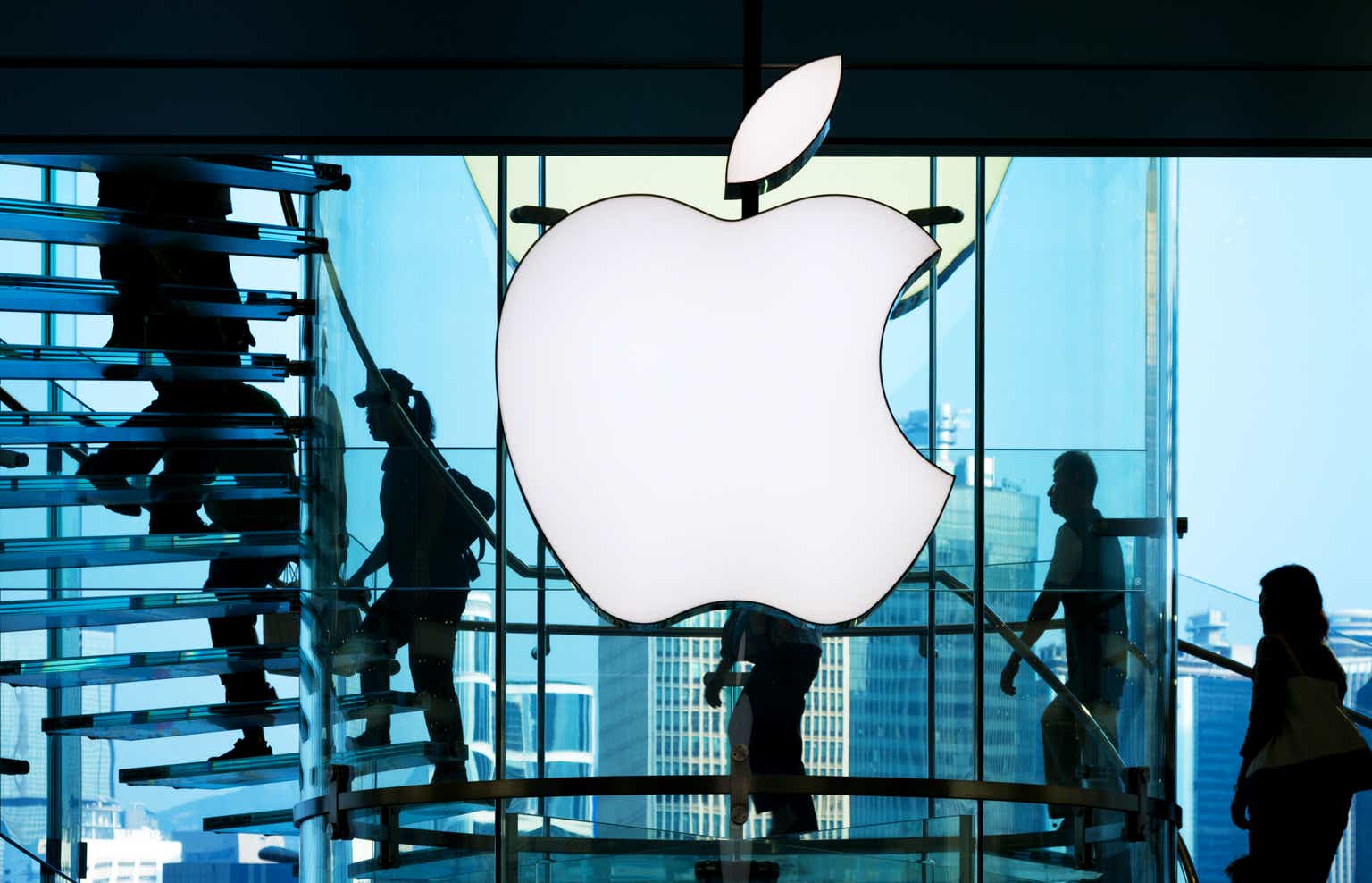Opinion | What’s the point of a mandatory pension that offers no financial security? – Technologist
The conviction was deep that savings are more reliably nurtured by savers themselves, rather than entrusted to highly paid fund managers. Families believed fund managers had more interest in the fees that made them rich than in the financial security of Hong Kong families in old age.
I confess I also nurtured a prejudice. My father’s company pension evaporated when his factory went bankrupt during the Thatcher recession. My mother, who only started building a pension when, after raising five children, she became a part-time nurse, reached the compulsory retirement age of 60 with a grand monthly pension of less than HK$10 (US$1.30) a month.
Go to the official MPF website, and you will be told the fund has returned 2.5 per cent a year on average. Last year, the return was 3.4 per cent. But with around 400 funds taking part in the scheme covering 4.7 million accounts, individual MPF account performances will vary.
For example, someone holding an MPF account with HSBC will have seen a 190 per cent gain if invested in its Asia-Pacific Equity Fund right from the start, but just 8 per cent with the Chinese Equity Fund, while those with its Guaranteed Fund will have lost 0.5 per cent.
Hong Kong MPF members should diversify for volatile Year of the Dragon: analysts
Hong Kong MPF members should diversify for volatile Year of the Dragon: analysts
With the MPF’s average allocation of 56 per cent in the Hong Kong market (and just 14 per cent in other Asian markets), few MPF account holders are likely to have enjoyed the gains of HSBC’s Asia-Pacific Equity Fund.
The MPF has reported losses for eight years of its 23-year life – 30 per cent in 2008 was the worst, followed by 11 per cent in 2011, 9 per cent in 2018 and 15 per cent in 2022.
Back-of-the-envelope calculations suggest that anyone who joined MPF at its launch and has paid in the maximum HK$1,500 a month since would have made 276 contributions by the end of last year, amounting to HK$414,000.
If they had been smart or lucky enough to have those funds in HSBC’s Asia-Pacific Equity Fund, they would have about HK$4.8 million today. If they have just turned 65 and decided to take out their pensions, assuming a life expectancy of 86 years, they should have around HK$18,900 a month.
MPF will doubtless defend itself by pointing to the extraordinarily unfortunate events of the past few years, which have damaged the savings of many worldwide. There is some truth there: a recently released report found that pension fund values in the United Kingdom had plunged by 24 per cent in 2022 alone.
But for anyone approaching retirement, such excuses provide cold comfort. Pension funds worldwide should, at the very least, assure savers that such forced savings will provide a minimum of financial security into old age.
David Dodwell is CEO of the trade policy and international relations consultancy Strategic Access, focused on developments and challenges facing the Asia-Pacific over the past four decades




